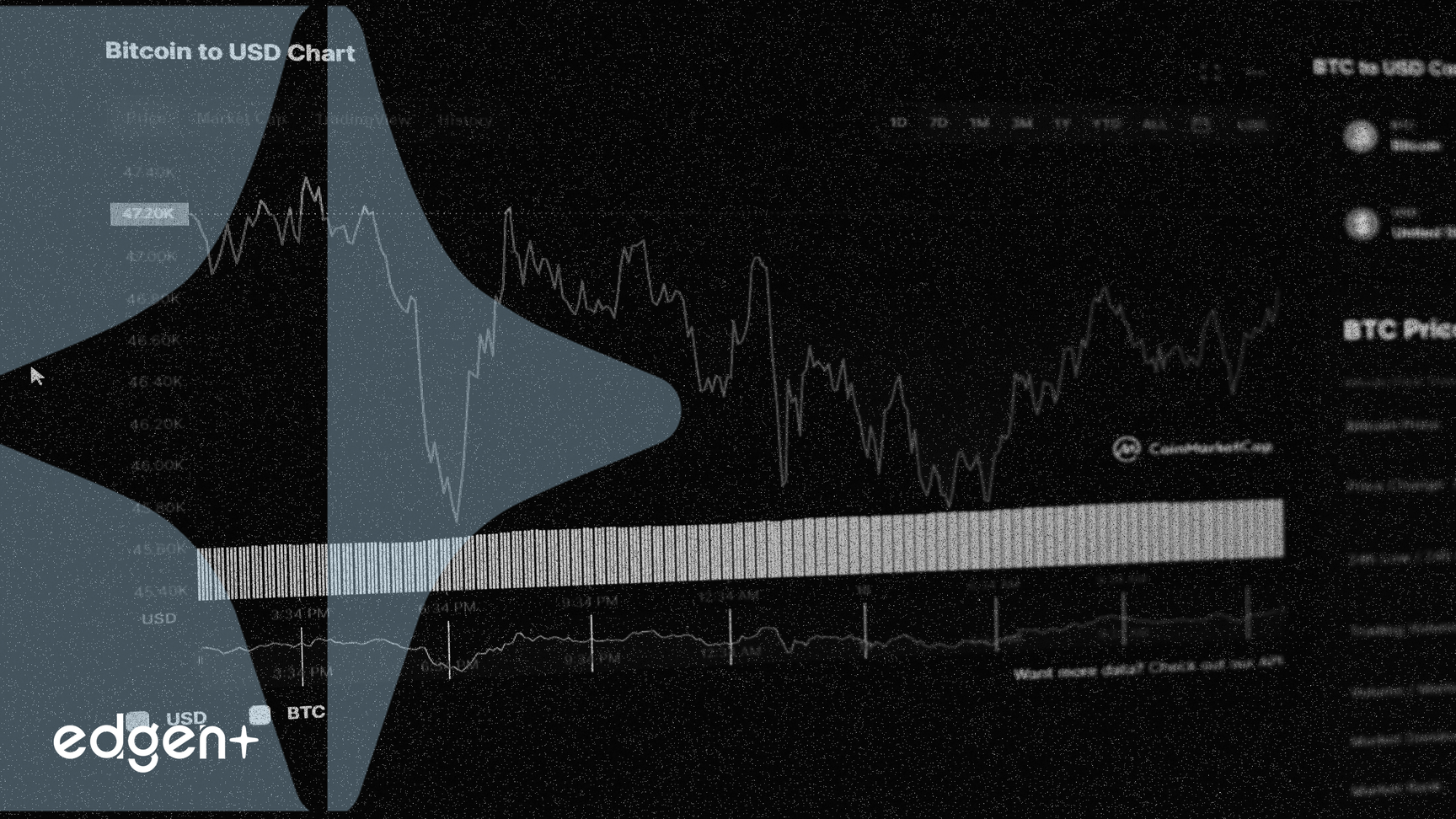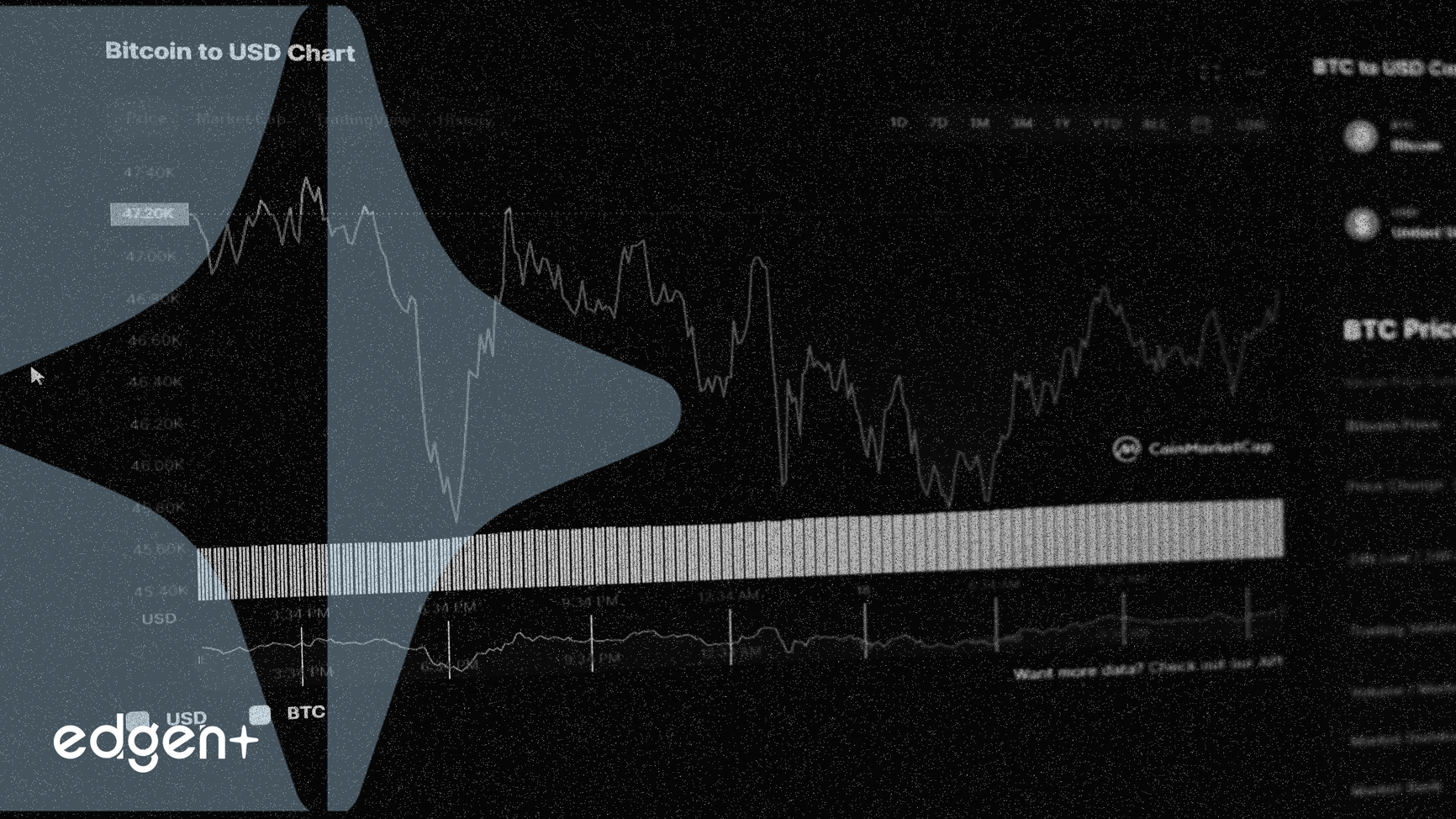Opening Salvo: JPMorgan Chase Debt Swap with Angola Nears Crossroads
Angola is approaching a pivotal financial decision regarding its $1 billion total return swap (TRS) with JPMorgan Chase (JPM), with the one-year agreement set to expire in December 2025. The Southern African nation is currently evaluating whether to extend the arrangement, seek new funding through international bond markets, or opt for a partial repayment.
The Event in Detail: A Structured Deal Under Scrutiny
Initiated in December 2024, the $1 billion TRS was designed to provide Angola with liquidity, leveraging $1.9 billion in Angolan government US dollar bonds as collateral. This structure allowed Angola to access funds without formally increasing its reported debt figures. However, the arrangement drew significant attention in April 2025 when a sharp decline in oil prices, exacerbated by U.S. trade tariff announcements, led to a $200 million margin call from JPMorgan as the value of the collateral bonds diminished. This event underscored the inherent volatility and risk associated with such non-traditional financial instruments. Compounding Angola's fiscal balancing act, the nation also faces a significant repayment of over $860 million on a separate dollar-denominated bond, originally issued in 2015, due in November 2025.
Analysis of Market Reaction: Cost, Risk, and Transparency
Angola's Ministry of Finance is actively weighing its options, with cost-effectiveness being a primary driver. The current JPMorgan swap carries an interest rate of 9%, which, as stated by Dorivaldo Teixeira, General Director of the Public Debt Management Unit at the Ministry of Finance, has historically been cheaper than Angola's Eurobonds. Conversely, yields on Angola's international bonds currently hover around 10%, according to JPMorgan EMBI data. The decision to extend or pursue a new bond issuance will hinge on prevailing market conditions and the ability to secure more favorable terms. For JPMorgan Chase, the Angolan TRS incident has brought renewed focus on risk management frameworks and the sustainable deployment of capital in emerging markets, especially when dealing with opaque financing structures. The episode serves as a cautionary tale for investors scrutinizing banks' exposures to volatile frontier economies.
Broader Context and Implications: Emerging Market Debt and Fiscal Strain
This unfolding situation in Angola reflects broader trends and vulnerabilities within the emerging market debt landscape. Angola's economy remains heavily reliant on oil, which accounts for approximately 29% of its GDP and a staggering 95% of its exports. This dependency contributes to a substantial public debt-to-GDP ratio of 63%. Furthermore, a significant 50% of Angola's 2025 budget is allocated to debt servicing, leaving limited fiscal space for social spending or economic diversification initiatives. The margin call episode has accelerated a shift among investors toward more diversified, factor-based, and actively managed strategies in EM debt, prioritizing countries with transparent fiscal frameworks and diversified economies over higher-yielding, riskier propositions. The impact of geopolitical risks, such as U.S. trade policies, on bond prices and collateral values has also become a critical factor in risk assessment.
Dorivaldo Teixeira offered insight into Angola's approach, stating, '> "We have some options." ' He emphasized that the final decision would be contingent on securing the most advantageous terms, acknowledging that '> "It depends on the cost." ' Teixeira further indicated a willingness to extend the current swap if conditions are favorable, remarking, '> "If I can extend it, probably I will use it." ' He also affirmed that Angolan officials would actively push for more favorable terms, whether through the existing bank facility or the capital market.
Looking Ahead: A Precedent for Emerging Market Financing
The outcome of Angola's decision by November 2025 will be closely watched by the global financial community. It could establish a significant precedent for how other emerging market countries, particularly those with similar resource dependencies and fiscal pressures, navigate debt restructuring in an era of heightened volatility and rising global interest rates. The focus will be on Angola's ability to balance short-term liquidity needs with long-term fiscal sustainability, including efforts to reduce oil dependency and improve debt reporting. Investors will also monitor how banks and governments handle such innovative and sometimes complex financial arrangements, with implications for the future of sovereign debt pricing and alternative funding models in frontier economies.
ソース:[1] Market Chatter: JPMorgan Chase's One-Year, $1 Billion Debt Swap Deal With Angola May Need Extension in November (https://finance.yahoo.com/news/market-chatter ...)[2] Angola Weighs JPMorgan Swap Extension Amid Debt Pressures - The Vaultz News (https://vertexaisearch.cloud.google.com/groun ...)[3] Emerging Market Debt and Sovereign Credit Risk in the Wake of JPMorgan's Angola Debt Swap - AInvest (https://vertexaisearch.cloud.google.com/groun ...)



